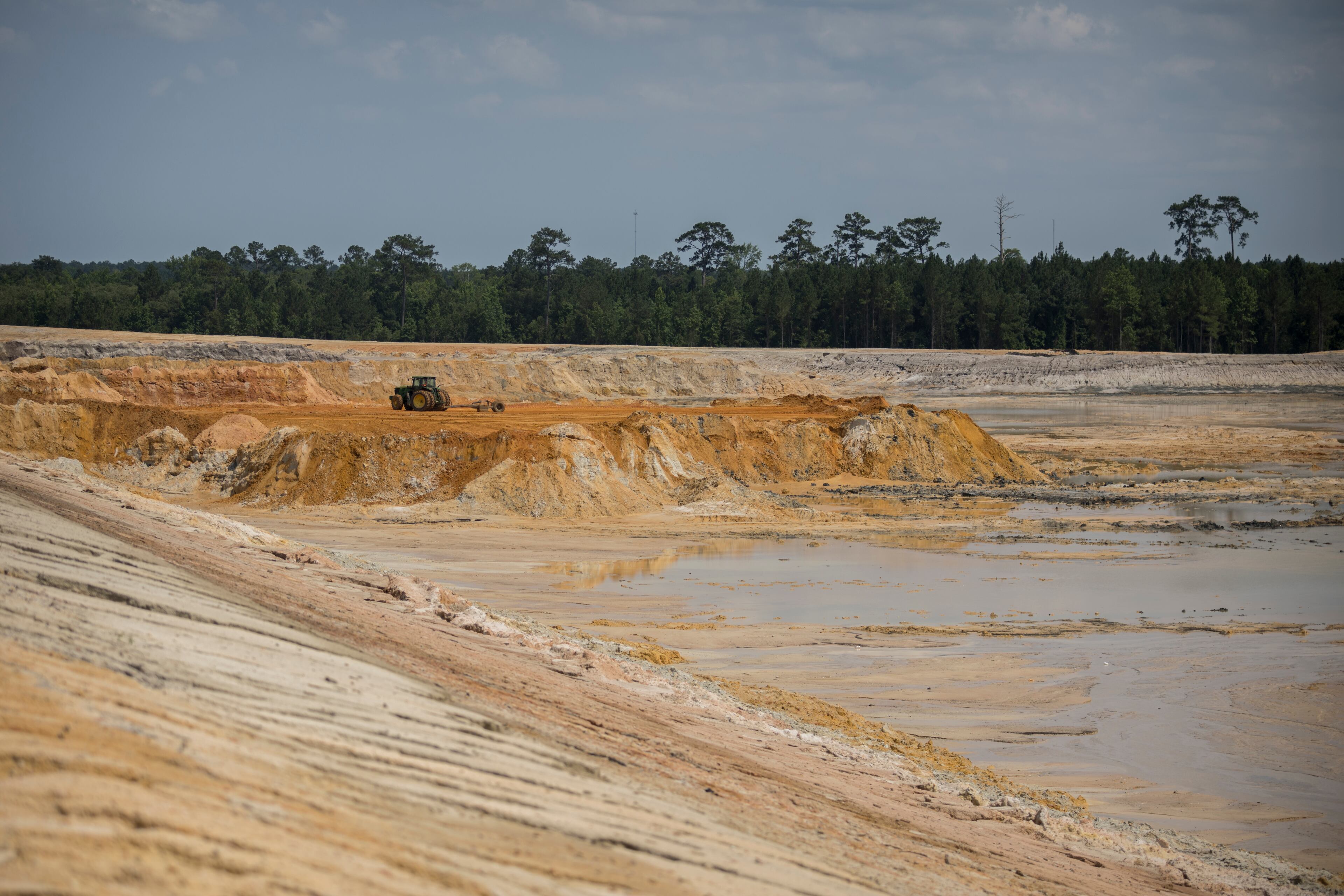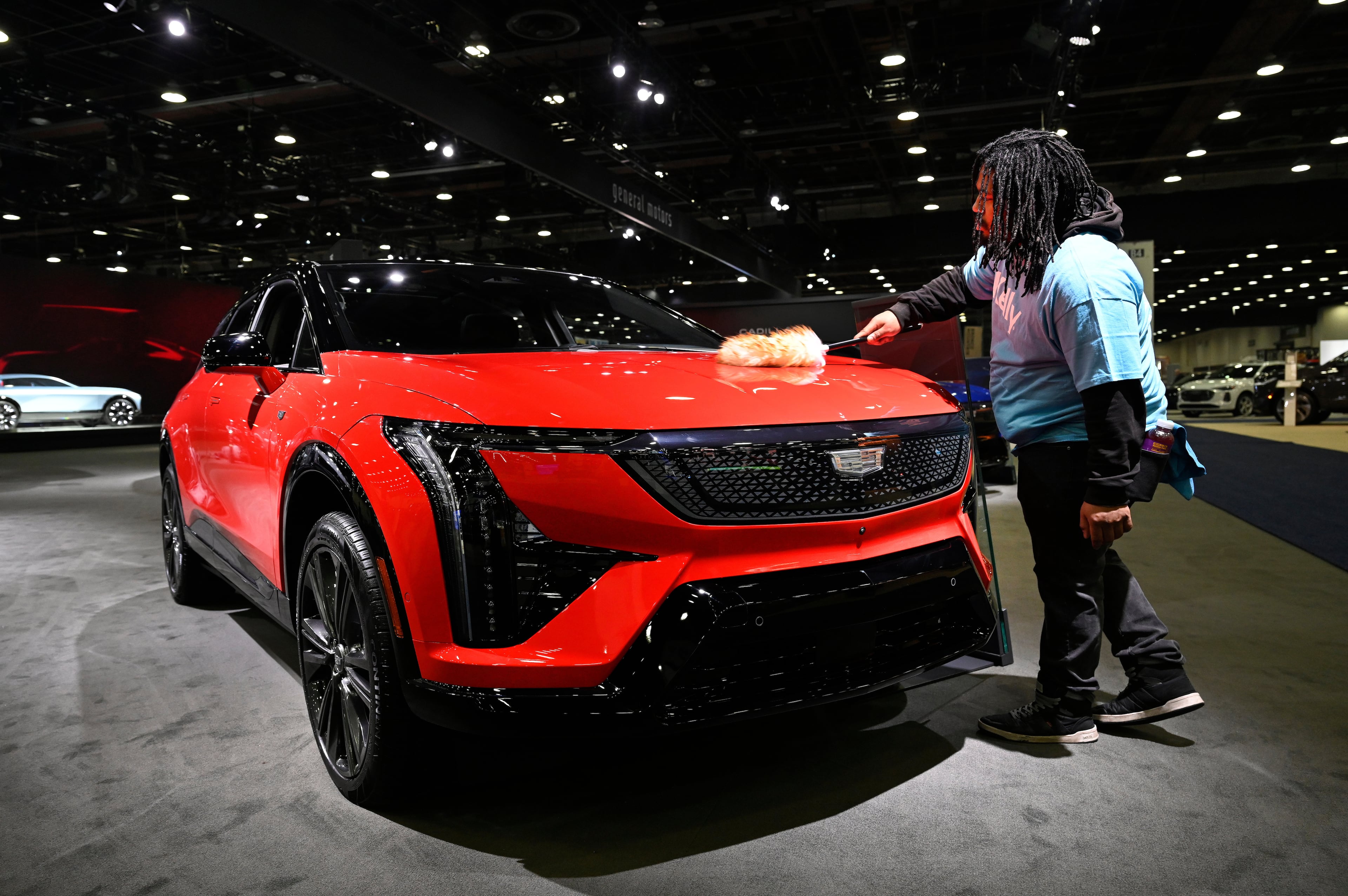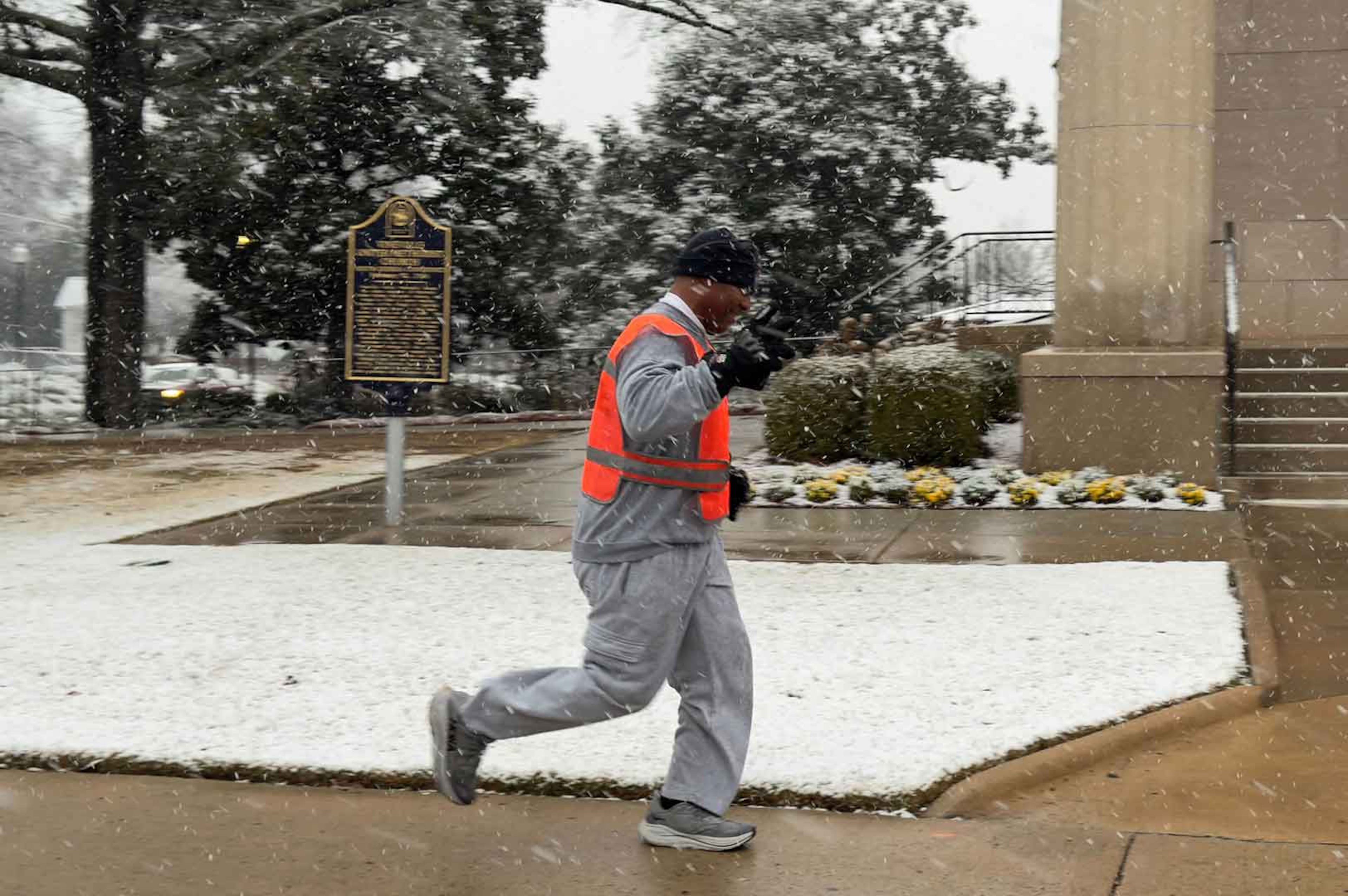Hyundai’s $5B EV plant is ahead of schedule. So are its suppliers













A flock of cranes swing steel girders in a synchronized dance along I-16 near Savannah, an industrial ballet with a tight timeframe. Below them, dozens of earth movers rumble across nearly 3,000 acres of Bryan County soil, turning it into something that resembles a lunar landscape.
Contractors for Hyundai Motor Group are moving at a breakneck pace to build the $5.54 billion electric vehicle plant atop freshly excavated land 30 miles west of Savannah. Hyundai officials say they’re targeting the first half of 2025 to start production.
But construction of the 17-million-square-foot factory — nine times the size of the Mall of Georgia — is months ahead of schedule, said Pat Wilson, Georgia’s top economic development official. That means battery-powered Genesis, Hyundai and Kia vehicles could start rolling off the assembly line by October 2024.
“We are definitely working hard to expedite (the start of production) so we can more quickly have EVs for sale that qualify for the tax credit,” Hyundai spokesman Michael Stewart said, referring to federal incentives for car buyers of up to $7,500 per vehicle that apply only to U.S.-made EVs.
Construction isn’t the only thing moving quickly at what Hyundai calls its Metaplant. When Hyundai announced the EV and battery factory and 8,100 new jobs in May 2022, the company also promised its suppliers would bring another $1 billion in investments and thousands of additional jobs.
Eight large suppliers have announced factories along the Georgia coast to feed parts to the Metaplant, totaling $2 billion in construction and equipment and 2,600 promised jobs, far exceeding investment expectations. In recent days, two smaller suppliers joined the mix.
On Wednesday, an HVAC supplier for vehicles, Korea-based Woory Industrial Co., announced an $18 million factory with 130 employees in Dublin. The week prior, Spain-based honeycomb material and carpet-wrapping company Grudem said it will build a $5 million factory with 65 workers in the Albany area.
“To say we think this is going well is short-selling it,” Wilson told The Atlanta Journal-Constitution.
Years earlier, Georgia pitched Jaguar Land Rover and later Volvo on the Bryan County site. Jaguar Land Rover nixed a U.S. expansion, and Georgia ended up the bridesmaid to South Carolina, which bid more for the Volvo SUV plant.
Georgia and local officials upped the ante with Hyundai, offering $1.8 billion in various incentives, an eye-popping figure. That package, along with the other large inducements offered to megaprojects across Georgia, have faced criticism with some economists and critics wondering if the state gave away too much.
Left-leaning incentives watchdog Good Jobs First said Georgia has “the dubious distinction” of granting Hyundai the largest subsidy package of any auto factory in U.S. history. The federal government has unleashed billions in incentives to promote domestic EV manufacturing and states have followed with generous subsidies of their own to secure the coveted jobs and investment.
“We’re worried that a lot of states are overspending right now at a time when a lot of people think there’s going to be a recession and tax revenues will go back down,” Greg LeRoy, the nonprofit’s executive director, previously told the AJC.
But Wilson argues that incentives are needed to land such transformative projects, especially large ones like Hyundai that will spur spillover benefits.

“If you miss this opportunity this time, these investments are not going to happen again,” he said.
“That initial investment is always going to be a very competitive project,” he continued. “It’s what comes next. It’s that expansion. It’s the supplier to follow along. Those are the pieces that do not require the same amount of incentives, but they have an equal amount of impact.”
Last summer, after Hyundai announced the Georgia EV factory, Wilson and local development authority members traveled to South Korea to meet with Hyundai and their biggest suppliers and pitch potential locations.
Part of Georgia’s secret sauce, Wilson said, was the state’s familiarity with Hyundai and Kia and their suppliers.
Georgia courted Kia suppliers when Kia announced its West Point factory in 2006. West Point, best known for textiles, was suffering a wave of job losses as companies shipped jobs overseas. The Kia factory proved to be lifeline when it opened in 2009.
“We’re still recruiting Kia suppliers today,” Wilson said.
Since then, Kia has amassed a network of about 40 suppliers in Georgia with more than 12,000 employees. The Kia factory is set to start manufacturing its first electric model, the EV9, on its existing production lines. The vehicles will receive batteries from a joint venture between SK On and Hyundai in Bartow County, another $5 billion factory.
Wilson said he expects Hyundai’s eventual supplier base near the coast to be comparable to Kia’s in the coming years.
Georgia’s second-largest recruitment, EV upstart Rivian, announced in December 2021 a $5 billion plant of its own an hour east of Atlanta. Rivian has promised 7,500 jobs. The project, once slated to open in 2024, is now likely to begin operations in 2025 with a new Georgia-made crossover to be introduced in 2026.
Rivian, like rival Tesla, has a tighter supply chain with fewer outside vendors producing parts. Rivian is also scaling up production at its first factory in Normal, Illinois, as it develops its second in Georgia. Cox Enterprises, which owns the AJC, holds about a 4% stake in Rivian.
Wilson said the state is talking to potential Rivian suppliers, while the 2,000-acre site in southern Morgan and Walton counties undergoes grading. He noted that Woory is also a Rivian supplier.
Wilson said the Hyundai and Rivian plants represent a new age of industrial manufacturing in Georgia.
There is also room for another Georgia auto manufacturing factory. One potential location is a more than 1,000-acre mega-site in Peach County, southwest of Macon, that’s being pitched to the EV sector.
Wilson said the state wants spread out projects to help ensure companies don’t cannibalize the automotive work force.
“We absolutely have space for other EV projects,” Wilson said. “... But if you told me today (these) were the last EV projects in the state, we’ve selected terrific partners.”
More Stories
The Latest




